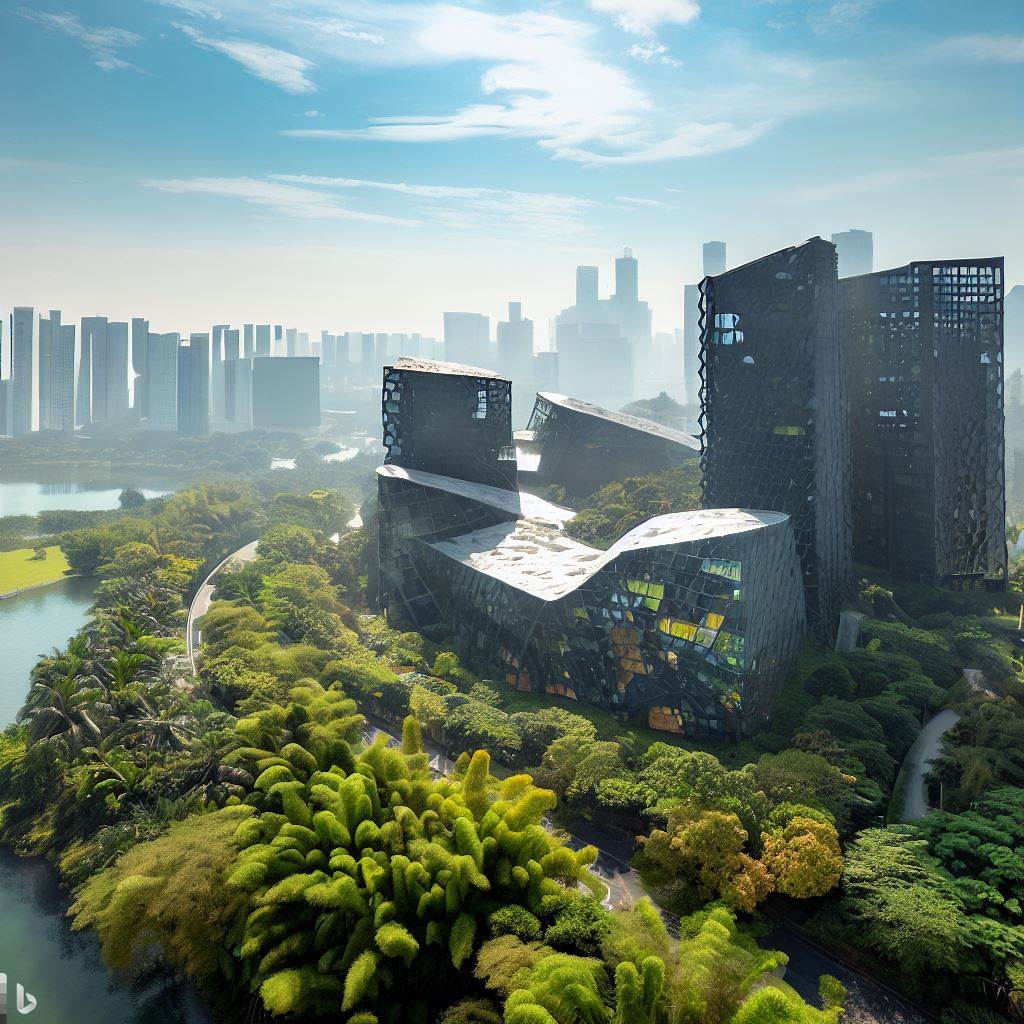
Deep Decarbonisation : Principles and Analysis Tools
Date: 26-27 Sep 2024
Duration: 14 Hours
Mode Of Delivery: Face-to-Face
Tuition Fees: S$1900.00 (Before GST)

What You Will Learn
Through this course, participants will have a good understanding of the challenges and opportunities associated with deep decarbonisation in the coming decades, as well as the analysis tools that are commonly employed to study the underlying issues and manage trade-off. Topics covered during the course are:
- Energy system transformation
- Net zero emissions
- Decarbonisation strategies
- Energy-economic system flows
- Embodied emission measures
- Marginal abatement cost analysis
- Market-based mechanisms
- Decision making under uncertainties
- Energy system modelling and analysis
Who Will Benefit
Government Officers, Energy Analysts, Executives
Entry Requirements
Bachelor degree or equivalent qualifications, OR Relevant work experience in related industries.
Instructors
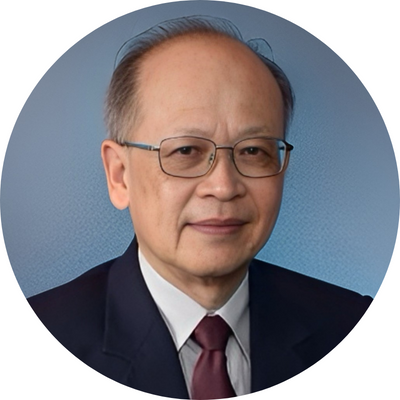
Professor Ang Beng Wah
ANG Beng Wah (B.W. Ang) is an Emeritus Professor in the Department of Industrial Systems Engineering and Management (ISEM) at the National University of Singapore (NUS). He was a Professor and former Head of the ISEM Department, as well as the Executive Director of the Energy Studies Institute at NUS.
Professor Ang has made important contributions to decomposition analysis applied to energy and sustainability. The LMDI decomposition technique he proposed has been widely used by researchers, consultancy firms, national agencies and international organisations to study factors affecting energy consumption and carbon emissions, as well as to monitor economy-wide energy efficiency trends.
Professor Ang is a Co-Editor of Energy Economics, and a member of the editorial boards of Energy Policy, Energy, and Economics of Disasters and Climate Change. He received his BSc from Nanyang University and PhD in interdisciplinary energy studies from the University of Cambridge.
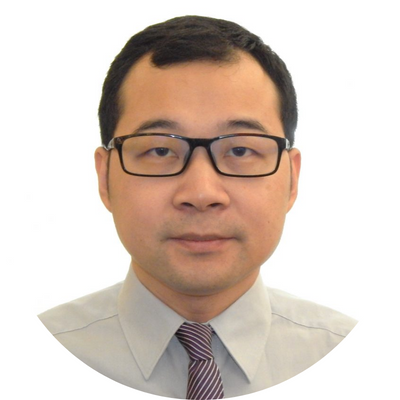
Dr Sun Bin
Dr SU Bin is Senior Research Fellow and Head of Energy and the Environment Division at the Energy Studies Institute (ESI), National University of Singapore (NUS). He leads the energy modelling programme at the Institute and is Programme Director of the Consortium for “Study on Singapore’s Energy and Decarbonization Pathways”. His research interests include energy and environmental systems modelling and analysis, focusing on energy efficiency, climate change, benchmarking, embodied energy/emissions, carbon footprint, carbon pricing, rebound effect and energy resilience. Dr Su is Associate Editor of Energy Economics and Indonesian Journal of Energy, Editorial Board Member and Guest Editor of many international journals, and has published more than 130 papers in reputable international journals. He has been named in the global “Highly Cited Researchers” lists in year 2018-2021 released by Clarivate Analytics and Top 2% of Scientist in the Energy field by the Stanford Study in 2020 and 2021.
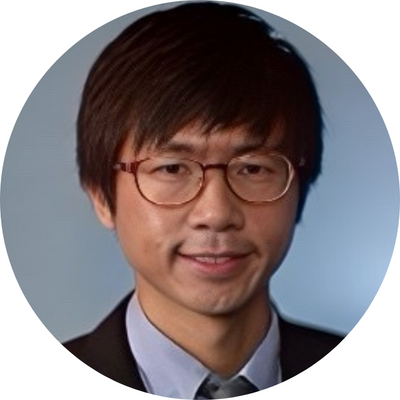
Assoc Professor Adam Ng
Adam Ng Tsan Sheng is an Associate Professor with the Department of Industrial and Systems Engineering Management, National University of Singapore (NUS). He has also previously served as the Division Head for the Energy and the Environment Division, in the Energy Studies Institute, NUS. His expertise is in operations research applications in energy, sustainability, and resilience, and has published numerous works in these areas in international peer reviewed articles. He has led industrial and research projects involving energy systems modelling, waste-to-resource modelling, and energy supply resilience. He is also an associate editor for the Journal of Simulation, and an editorial board member of the International Journal of Automation and Logistics.
Available Discounts and Benefits
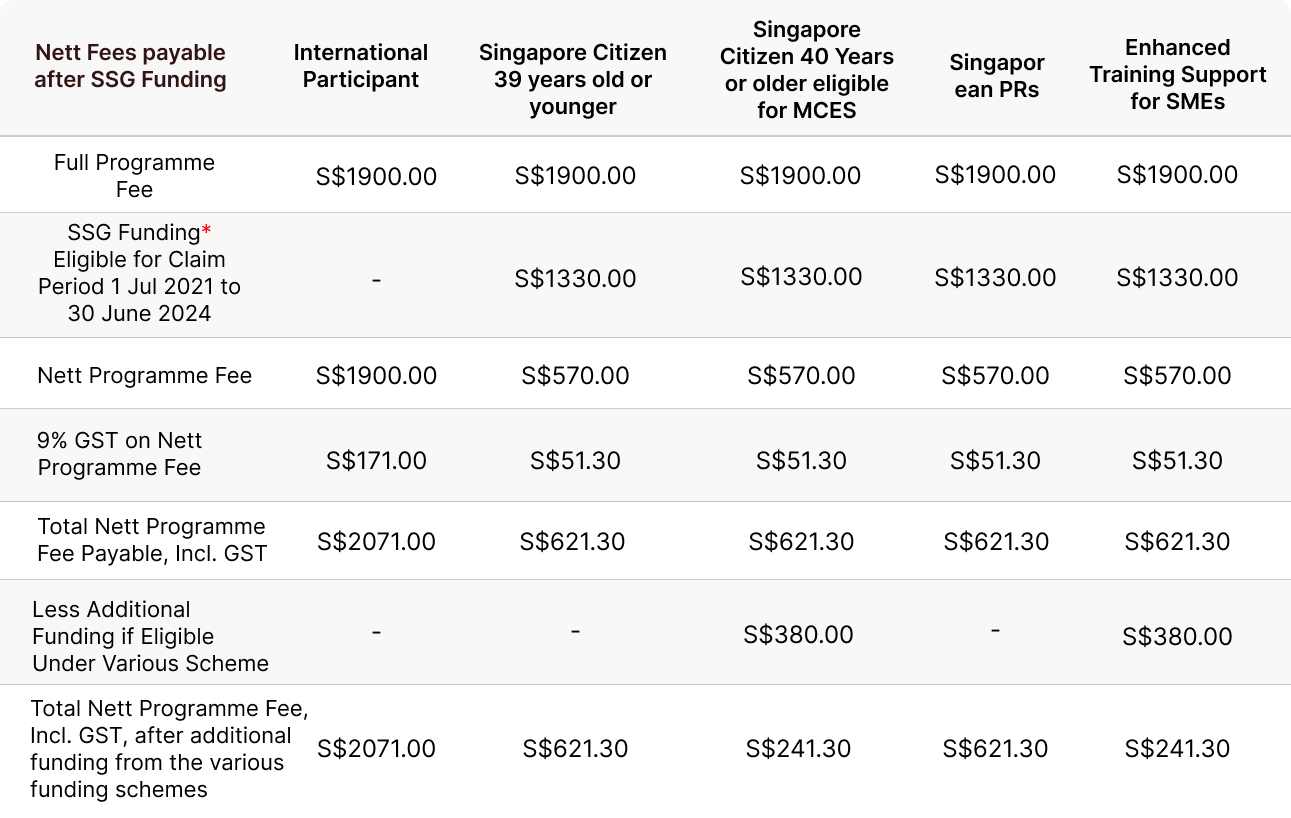
Notes
Course Code: TGS-2022012262
*Learners must fulfill at least 75% attendance and pass all assessment components, to be eligible for SSG funding.
**Please note that the mode of delivery is subject to change in light of the COVID-19 situation.
Courses marked ‘online’ may have compulsory face-to-face sessions such as laboratory or hands-on components and details should be sought from the schools or departments before learners register for them.
Related Programmes

Understanding Energy Systems for Decarbonisation

Net Zero and Corporate Climate Disclosures

Understanding Energy Systems for Decarbonisation



